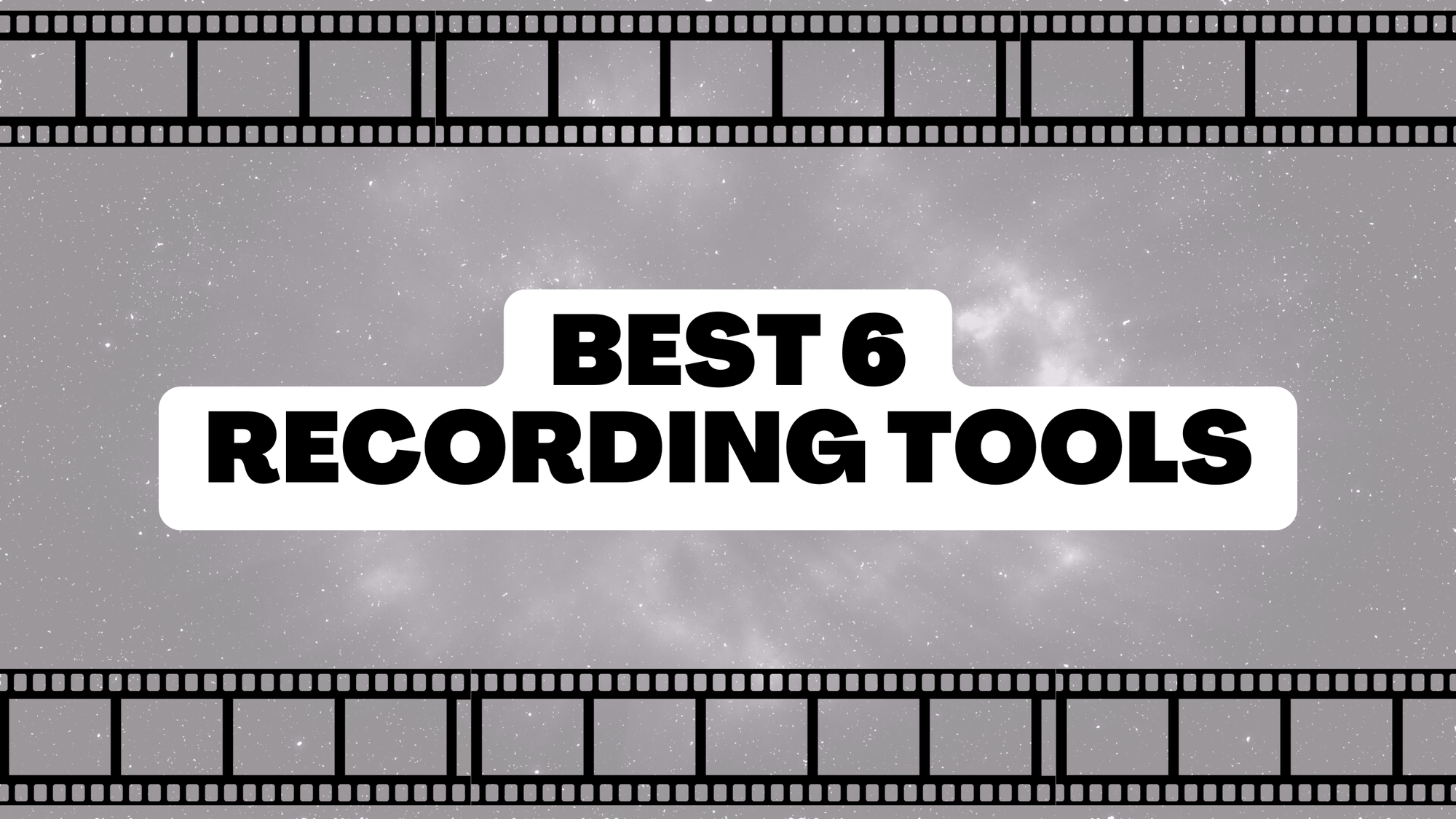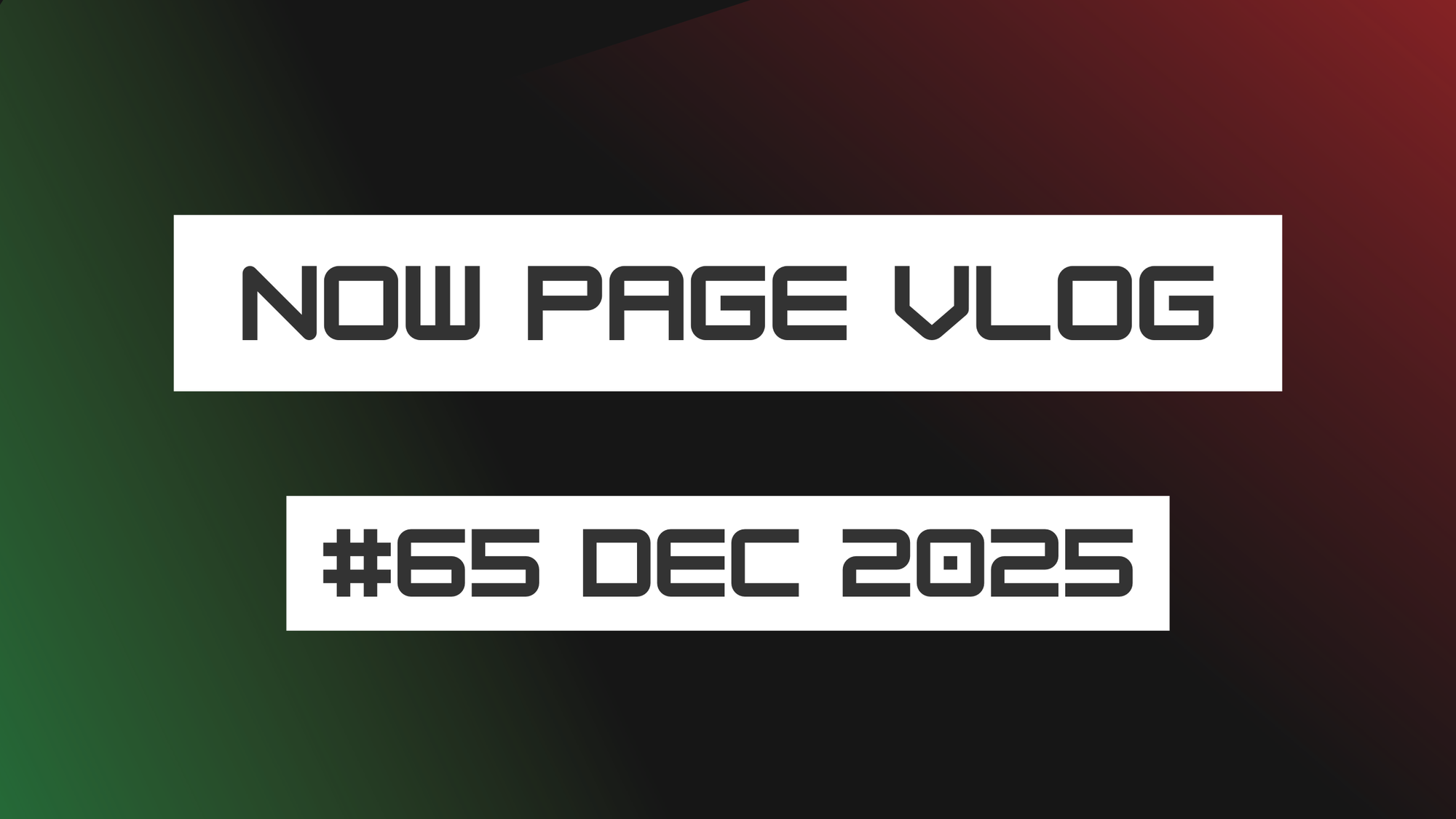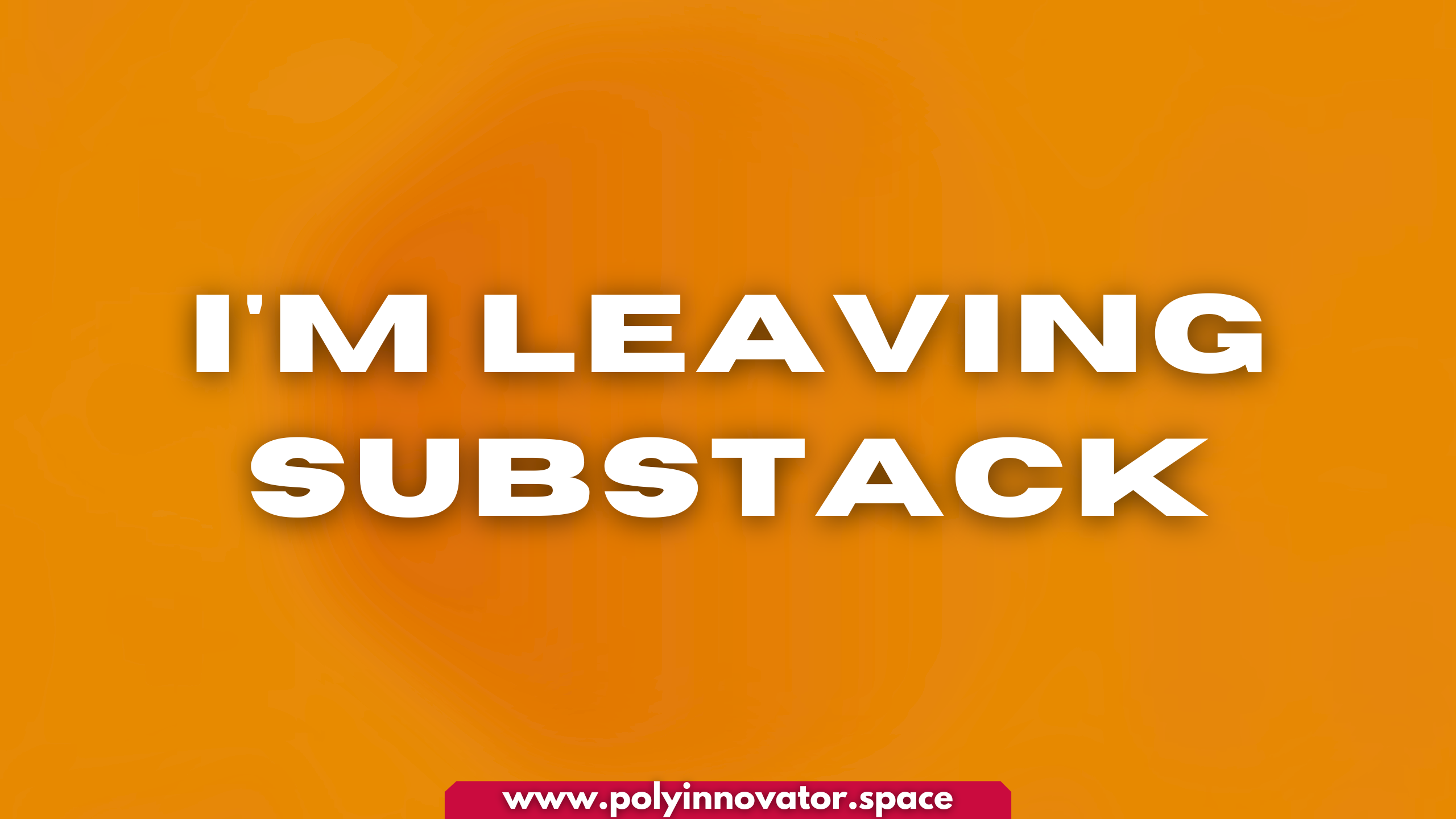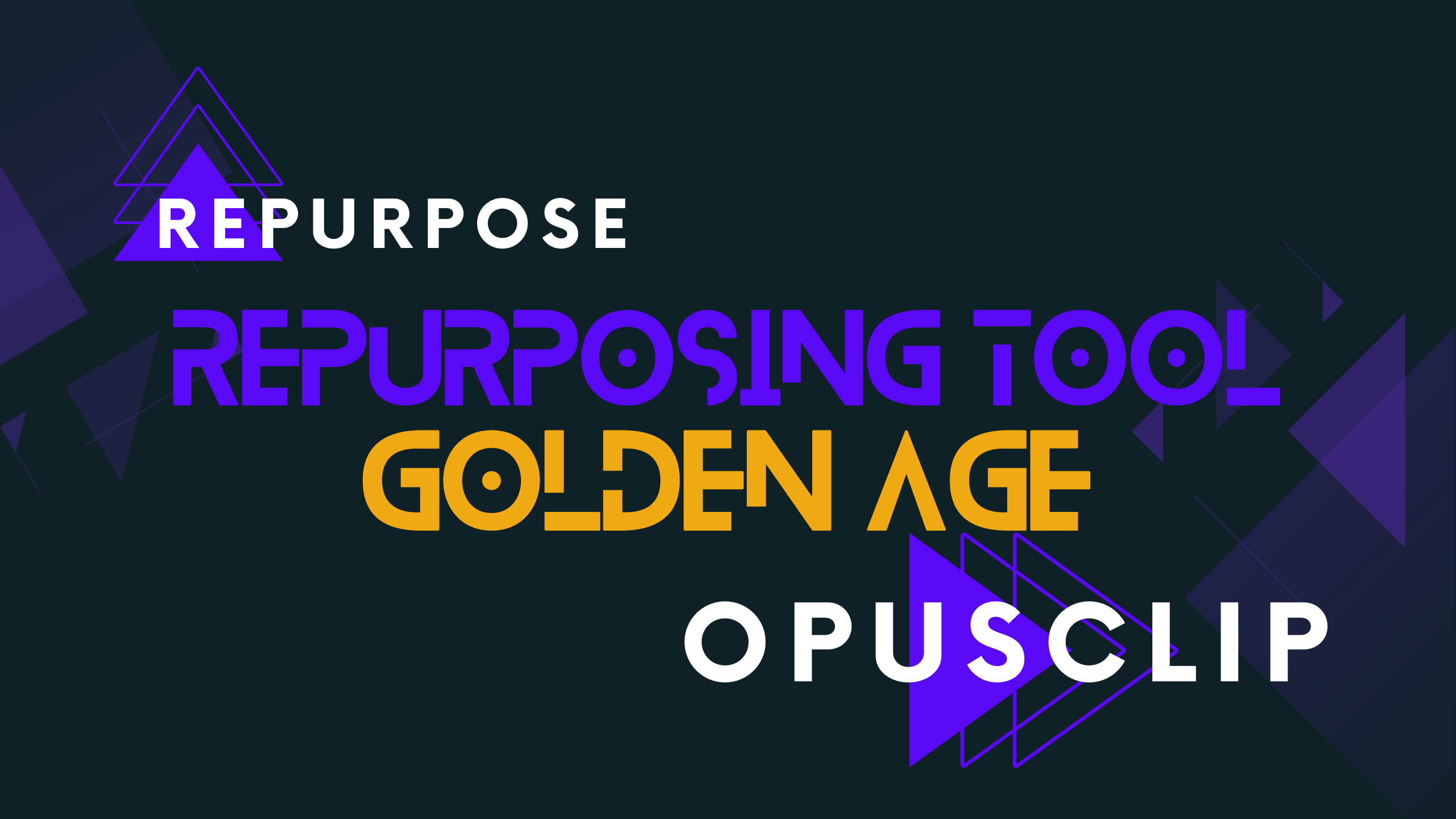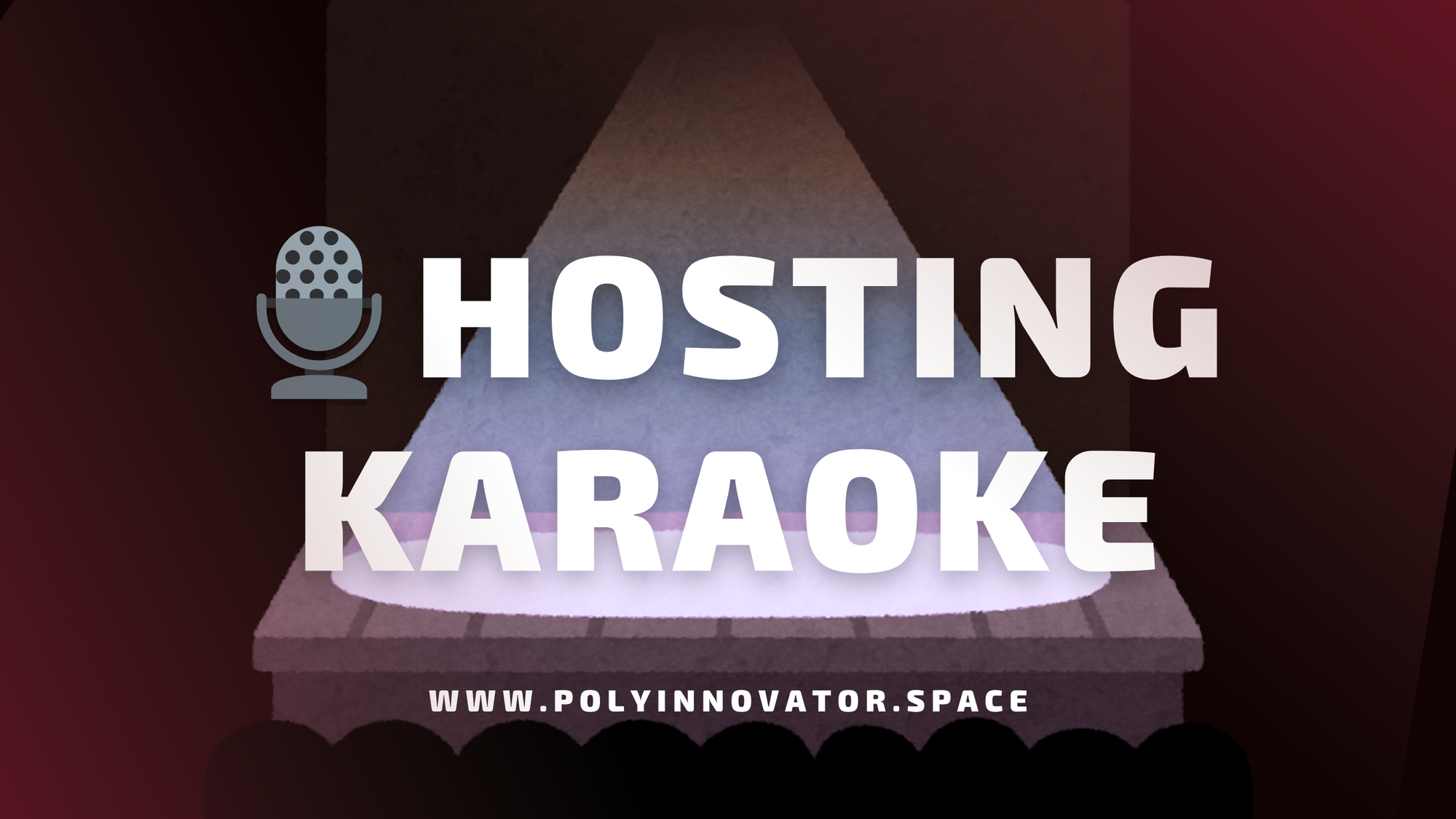This is actually a very important question, as if you don't know what they look like. Then how can we level up to them?
In the previous posts we have discussed how to level up from a specialist or generalist, then up to a polymath.
In a simple explanation, a polymath is someone with 3 or more expert specialties. Although it isn't really that simple, as there are more layers to the idea of Polymath.
Why does it matter?
Some people think that in order to an expert in a field, then you have to contribute something TO that field. Meaning there would be a difference between the polymaths who have added something, and those that haven't.
There is also the art versus science debate, as most polymaths embody both sides of the same coin. Although some lean more towards the creative, and others towards the sciences. Think like an artist and musician of many types, as compared to an engineer of many fields.
Additionally, you have the width or amounts of disparate fields. I consider PolyInnovator to be a focus on Innovation itself as a concept. Meaning that it is more of a "Niched Polymath" concept.
How do the Researchers Quantify what makes a Polymath?
While there are more than just these two examples, I wanted to give you a brief overview.
Michael Araki's Conclusions

He breaks it down into the passive vs creative, where the first is more of the dilettante. Learning for the sake of learning. Then the creative polymath is more of an "active" path, where the person pursues some sort of output or creation.
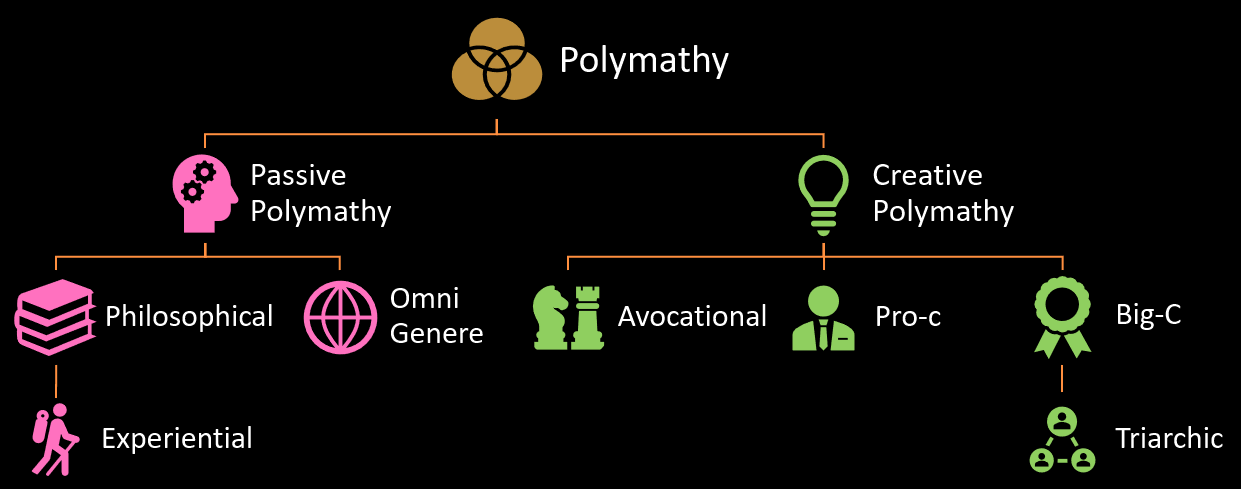
Dr. Angela Cotellessa's Conclusions
- Conclusion 1: To be a polymath, one must accept not fitting in a typical box
and perhaps even embodying apparent contradictions; polymathy is being
intrapersonally diverse - Conclusion 2: Polymaths are exposed broadly, think creatively and
strategically, and juggle their many interests and obligations through effective
time management.
- Note: She has more conclusions in the dissertation, but these stood out to me.
What have I seen IRL?
There is often this scale of polymathy, beyond just the Multidisciplinary Spectrum. If the Spectrum is of all terms, then this "scale" is of polymathy itself. A polymath is basically someone with 3 or more expert specialities, with a habit of curiousity.
You have those who are more creative polymaths, in which the skills are a bit more readily available, and are a bit more common. Those are of more from the Arts. Note, a difference in what I mean by "creative" polymath, than what Araki defines them as.
Then you have the more scientific, with the harder skills, that oftentimes "require" something like a degree to obtain.
This isn't lessening the importance of arts, but exemplifying the difficulty of obtaining the skills versus the others.
However I think the truer form of polymathy is the unification of the two, and what matters most is contributing to the fields of expertise you may have.
Finally, we have something that I've dubbed: The Universalist Polymath. Where regardless of what areas of knowledge you have, creative, soft or hard knowledge, etc. Instead of having just 3 areas, you have upwards of a dozen or more. This is the "Da Vinci" level if you will. As he just never stopped, and spent his entire life to his pursuits.
Be careful not to prematurely call yourself a Polymath
Although don't feel like you have to reach Da Vinci levels of expertise to think you qualify either. There is a bias that people have towards Polymaths, where they think there is an ego attached. From what I've seen most people who call themselves polymath, are not in fact being egotistical.
Rather it is because they are happy they finally have a term to describe themselves with. It is a descriptor, and a way to explain to others that you have more than one specialty. Given the specialist world we live in, that is quite important.
![Official Website for Dustin Miller PolyInnovator [LLC]](https://polyinnovator.space/content/images/2025/03/polyinnovator-logo-2024.png)



